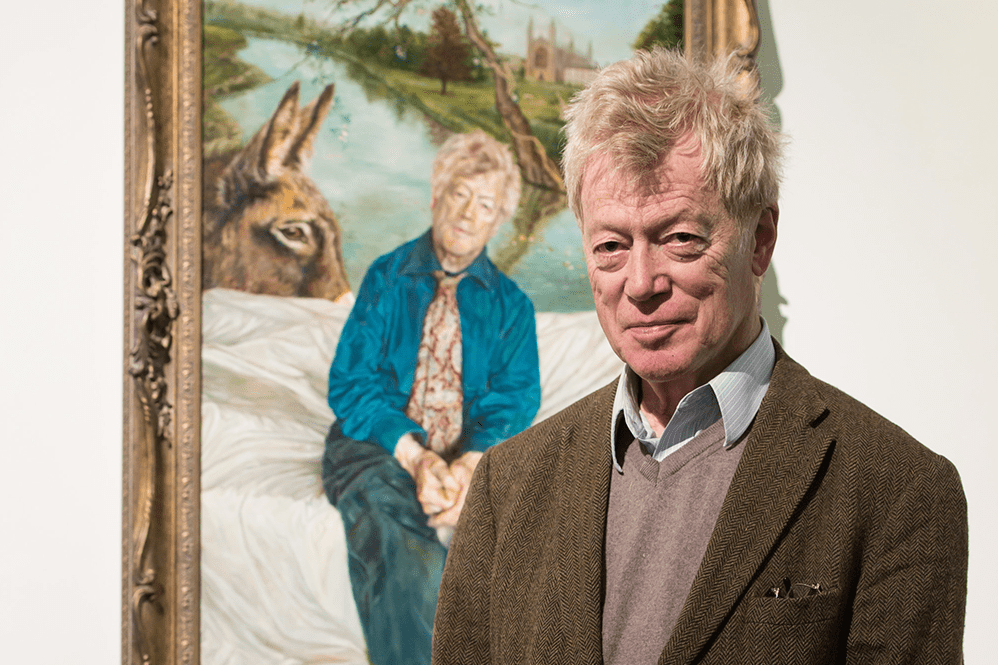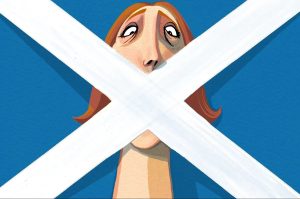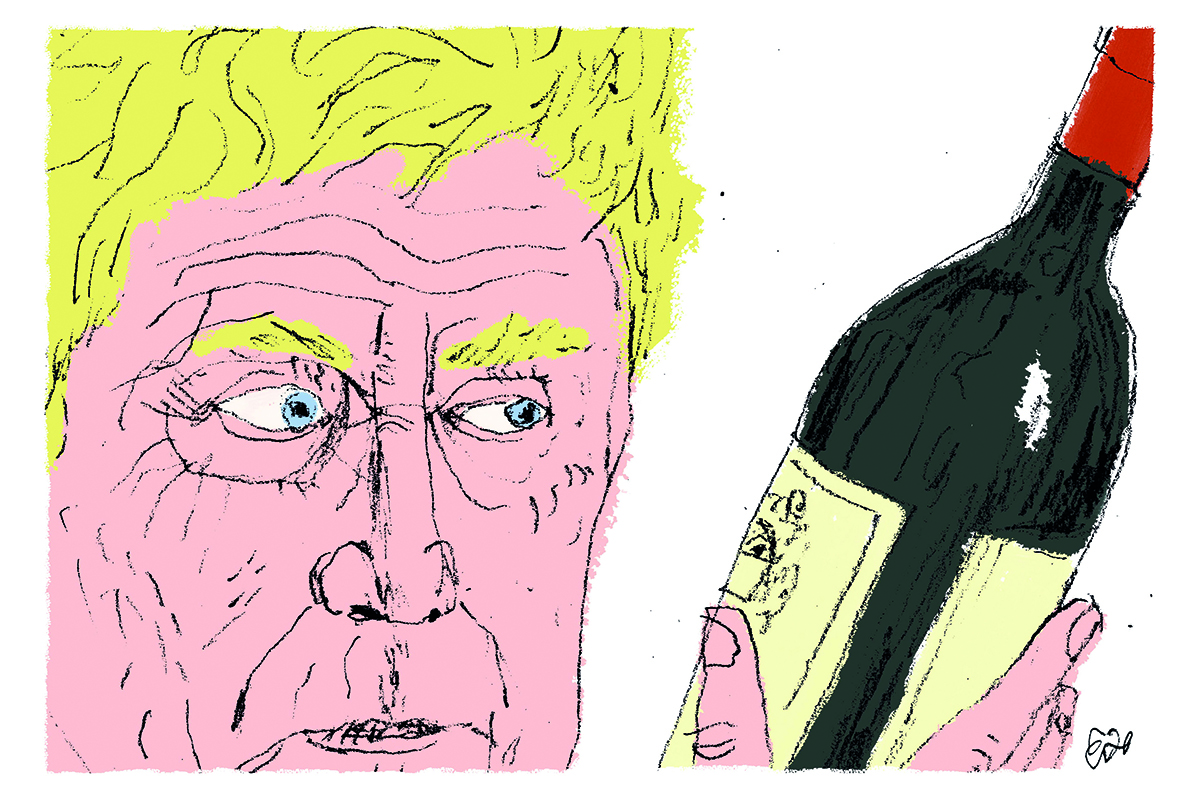The proposed introduction of ‘hate crime’ marks the latest step towards the ‘thought-crime’ described by Nineteen Eighty-Four, and also observed in all totalitarian systems of government. Yet the Law Commission in Britain is pressing for this innovation, and we need to be clear about what it means.
If there is hatred in our society, it does not come from ordinary prejudices, such as those that lead rival groups of citizens to treat each other with suspicion; it stems from those who do not see prejudice for what it is, the natural response to difference, and the desire to live in a comfort zone of one’s own. ‘-Haters of hate’ include the militant ‘antifa’ activists, the radical antiracists, the intolerant feminists who will not permit any utterance that they regard as ‘offensive’ to the fair sex (such as this one). They are people who discern hatred all around them, in order to get on with the agreeable business of hating it: people who feel for whatever reason excluded from some aspect of our largely peaceful and compromising way of life, and are giving vent to their resentments.
Human beings have limited knowledge, limited imagination and limited sympathy. But they must live together nevertheless. Inevitably they take short cuts to understanding those whom they don’t know, dividing them into groups and attributing qualities to the group that may not be exhibited by the individual. They acquire a picture of the Irish, the French and the Americans; of women, men and homosexuals; of Muslims, Catholics and Jews. Not all these pictures will be flattering. It is scarcely surprising if ordinary people, who have neither the time nor the knowledge to reflect on all the nuances, have responded to Islamist violence by adopting a negative view of Islam. However ignorant this conclusion may be, it is surely not to be condemned as a fanaticism equivalent to the fanaticism that provoked it. A prejudice is just that: a pre-judgment, not a form of hatred. Yet to give way to violence under the influence of this ‘prejudice’ will be to commit a hate crime — in other words, a crime that is punished not only for what it is in itself, but also for the criminal thoughts from which it springs.
Hate crimes can be committed against some groups, but not against others. Thus the assault on a woman motivated by a prejudice against women is a hate crime; the assault on a redhead motivated by a prejudice against redheads is not. But it was as a redhead that I was bullied at school, and if you doubt the prejudice against redheads can be destructive read Jules Renard’s Poil de carotte.
On what basis have the privileged groups been chosen? The answer is obvious. They are the groups favored by the leftist causes of the day: women, gays, transsexuals, other races, other religions. Of course, the list had to be adjusted to deal with glaring irrationalities. To the crime of misogyny was added that of misandry; all religions and not just minority religions were to be protected. But the intention remains, namely to criminalize the protective prejudices whereby our society has tried to cope with mass immigration, identity politics, and the crumbling of old distinctions and old moral norms.
I don’t say those prejudices are right or wholesome. But I do say they are the natural outcome of the stresses of modern life, and one way in which people cope with social diversity. And we should consider the fate of indigenous groups. I am a middle-class English conservative. The middle classes, the English and conservatives have all in my time been the target of disdain from bien-pensants and radical activists. Does anyone wish to accuse those who attack us of a hate crime? Of course not; for the leftist bigots promoting this proposed legislation, we are legitimate targets. Hence, when I was recently brought to public attention through my role as chairman of the commission to promote beauty in building, I became a target, accused of hate crimes on the basis of fabricated evidence and malicious lies. One Labour MP managed simultaneously to accuse me of anti-Semitism, Islamophobia, homophobia and racism, adding (his only true observation) that ‘it beggars belief that someone like Scruton could pass the vetting process’.
One last point. It seems that if you are a victim of an assault you think has been directed at you because you are a member of a legally privileged group, your testimony is sufficient grounds to classify the assault as a hate crime. At least under communism it was only the party entitled to accuse you of thought-crime. We seem to be moving towards the situation in which we can turn every wrong we suffer into an expression of hatred. This, apparently, is how we are to remove hatred from our society, and to put peace and toleration in its place.
This article was originally published in Spectator Life magazine.

























